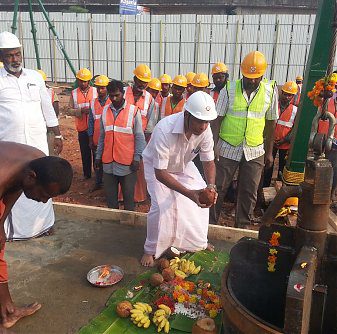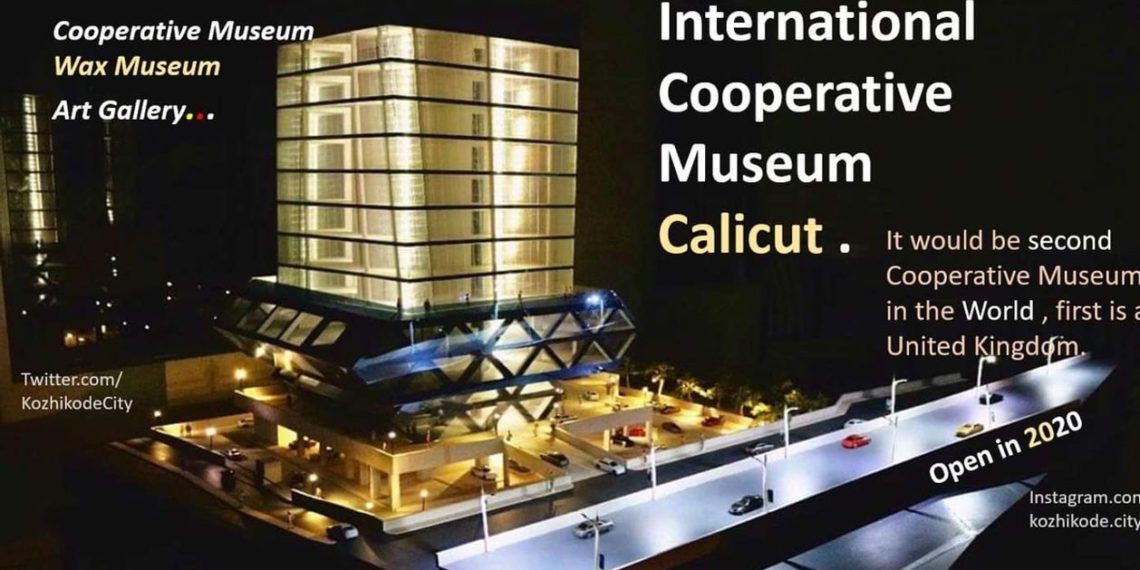The vibrant and enduring cooperative movement in India is set to receive a monumental tribute with the impending inauguration of the International Cooperative Museum (ICM) in Kozhikode, Kerala.
Spearheaded by the Karassery Service Co-operative Bank, this ambitious Rs 150 crore project aims to immortalize the essence and achievements of cooperatives spanning over a century, including renowned entities like Amul, Indian Coffee House, IFFCO, and Kerala Dinesh Beedi.
The inception of the ICM, conceptualized by N.K. Abdurahiman, chairperson of Karassery bank, dates back to 2016, fueled by a vision to honor and educate about the profound impact of the cooperative movement in India, particularly in Kerala.
Despite encountering hurdles such as the COVID-19 pandemic, the project persevered, leveraging cutting-edge technology like artificial intelligence and virtual reality to enrich the visitor experience. Collaborating with the Uralungal Labour Contract Co-operative Society, the museum’s construction embodies the cooperative ethos, promising an immersive array of exhibits, including a wax museum and art gallery.
In its pursuit of providing a comprehensive narrative, the ICM has garnered support from national and international entities, including NABARD and the International Cooperative Alliance. Extensive efforts to gather information and artifacts have reached cooperatives across Europe and Japan, underscoring the museum’s commitment to showcasing the global resonance of cooperative movements. This collaborative endeavor underscores the museum’s potential as a hub for cross-cultural exchange and mutual learning.


Through this initiative, the museum seeks to foster a deeper appreciation and comprehension of the significance of the cooperative movement, both within India and on a global scale.
As the grand opening of the International Cooperative Museum approaches, it stands as a testament to the enduring legacy and contributions of the cooperative movement in India.
This monumental endeavour not only pays homage to India’s cooperative heritage but also positions itself as a cornerstone for education, research, and tourism. Its influence is poised to extend far beyond its physical confines, catalysing cooperative initiatives worldwide and reaffirming the values of collaboration and community.













































